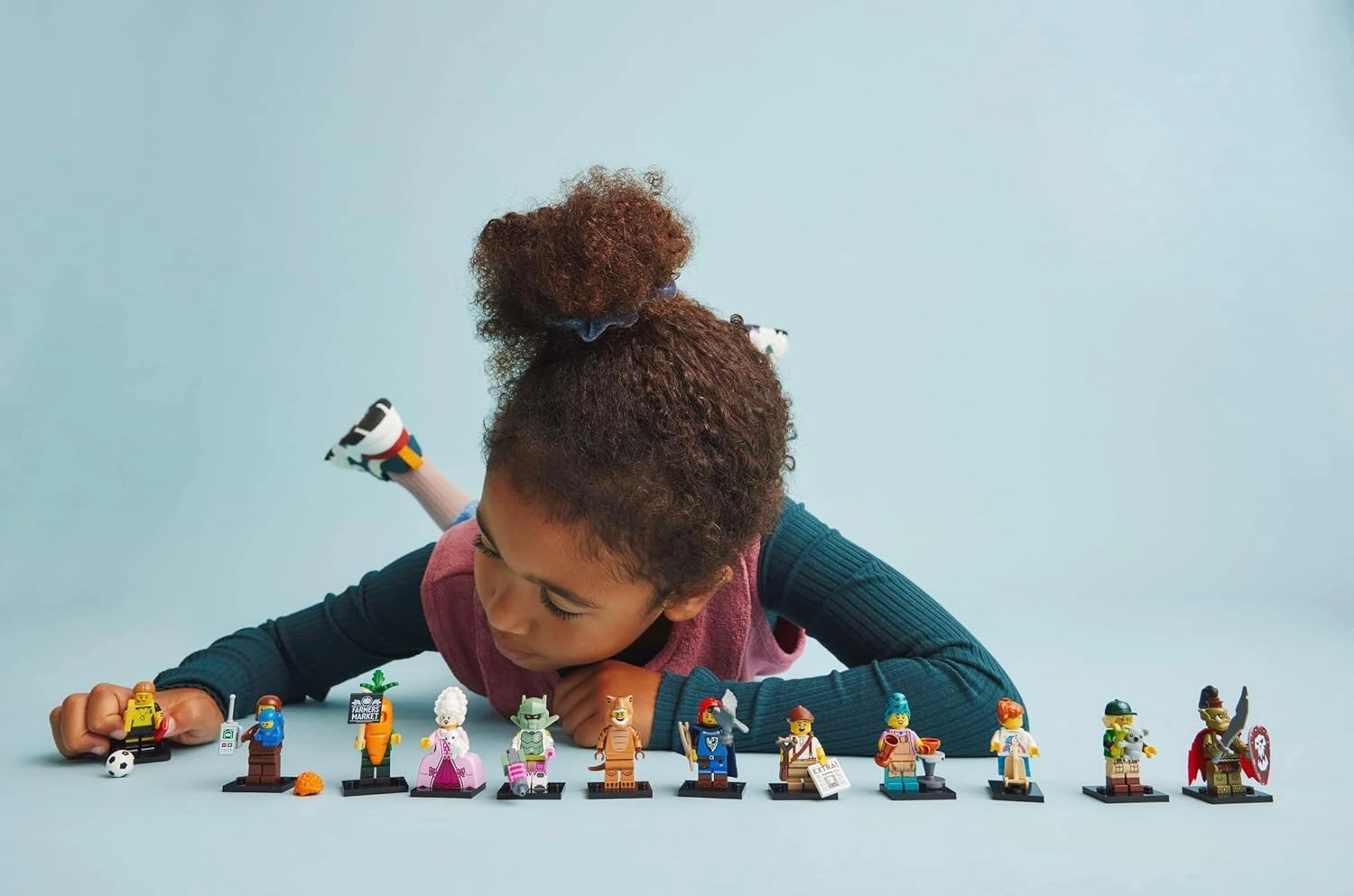In today’s digital age, video games have become an integral part of many children’s lives, offering a myriad of entertainment and educational opportunities. However, as parents, it’s crucial to ensure that the games our kids play are entertaining and suitable for their age and developmental stage. This article aims to guide how to choose age-appropriate video games for kids, considering various factors such as content, ratings, and parental involvement. By understanding these key considerations, parents can empower themselves to make informed decisions about their children’s gaming experiences, fostering a healthy and positive relationship with technology.

Understanding Video Game Ratings
Before diving into selecting games, it’s essential to understand the various video game rating systems. The Entertainment Software Rating Board (ESRB) and Pan European Game Information (PEGI) are two commonly used rating systems that provide valuable insight into the content and appropriateness of video games for different age groups. These ratings range from “Early Childhood” to “Adults Only,” with each category indicating the intended audience and level of content. Parents should familiarize themselves with the symbols and descriptors used in these ratings to make informed decisions about which games are suitable for their children. Additionally, it’s important to note that while ratings provide a general guideline, parental discretion is still advised to ensure the game aligns with individual family values and the maturity level of the child.
Key Factors in Selecting Age-Appropriate Games
When choosing video games for children, it’s essential to consider various factors to ensure a positive gaming experience. Here are key considerations to keep in mind:
- Age and Maturity Level: Different games are designed for different age groups, so it’s crucial to choose games that align with the child’s developmental stage and maturity level.
- Interests and Preferences: Select games that cater to the child’s interests and preferences to keep them engaged and motivated to play.
- Parental Involvement: Active parental involvement and supervision are essential for guiding children toward suitable gaming experiences and ensuring their safety online.
- Content and Impact: Understanding the content of the game and its potential effects on child development is vital. Look for games with educational value and positive messaging.
- Mechanics and Difficulty Level: Consider the gameplay mechanics and difficulty level of the game to ensure it’s suitable for the child’s skill level, preventing frustration or boredom.
- Cultural and Societal Sensitivities: Be mindful of any cultural or societal sensitivities that may be present in the game’s content to avoid exposing children to inappropriate or harmful themes.
By taking these factors into account, parents can make informed decisions and select games that not only entertain but also enrich their child’s gaming experience while promoting healthy development.


Tips for Choosing Proper Games for Kids
Before making a decision, it’s crucial to research games thoroughly. Reading reviews, watching gameplay footage, and consulting with other parents can provide valuable insights into the content and appropriateness of a game. Look for games with educational value and positive messaging, as these can contribute positively to a child’s development. Additionally, consider exploring demo versions or trial periods of games whenever possible to assess whether they are suitable for your child. Setting boundaries and time limits for gameplay helps ensure that gaming remains a balanced part of their overall activities. Encourage children to participate in other activities such as outdoor play, reading, or hobbies to promote a healthy lifestyle. By implementing these strategies, parents can help their children enjoy video games responsibly while fostering their overall well-being and development. Remember, every child is unique, so it’s important to tailor gaming choices to their individual needs and interests for the most enriching experience.

Common Concerns and Misconceptions About Video Games
Parents often have concerns about the potential negative effects of video games, such as violence, addiction, and social interaction. However, many of these concerns are based on misconceptions. Research has shown that video games, when chosen wisely and played in moderation, can have positive effects on cognitive skills, problem-solving abilities, and social interactions. Parents need to stay informed and distinguish between exaggerated fears and evidence-based concerns when it comes to their child’s gaming habits. Additionally, open communication with children about the content and duration of their gaming sessions can help address any potential issues and foster a healthy approach to gaming. By actively engaging with their children’s gaming experiences, parents can help mitigate concerns and ensure a positive gaming environment.
Balancing Entertainment and Education
Within the domain of children’s video games, striking a harmonious balance between entertainment and education is paramount. While educational games offer valuable learning opportunities, it’s equally important for children to find enjoyment and engagement in their gaming experiences. To strike this balance effectively, parents can consider the following tips:
- Explore Diverse Genres: Look for educational games that span various genres, from adventure and puzzle-solving to simulation and strategy. By diversifying the types of games introduced to children, parents can cater to different interests while still providing educational value.
- Incorporate Learning Naturally: Seek out games that seamlessly integrate educational content into gameplay mechanics. These games often present learning objectives in a fun and interactive manner, making the educational aspect feel integrated rather than forced.
- Set Learning Goals: Encourage children to set specific learning goals or challenges within their gaming experiences. Whether it’s mastering math skills in a puzzle game or learning about history through a simulation game, setting objectives can enhance engagement and motivation while promoting learning.
- Embrace Cooperative Play:Encourage multiplayer or cooperative gameplay experiences that promote teamwork and social interaction while also incorporating educational elements. Collaborative games provide opportunities for children to learn from each other and develop important social skills.
- Monitor Screen Time: While educational gaming can be beneficial, it’s essential to maintain a healthy balance between screen time and other activities. Set limits on gaming sessions and encourage children to participate in offline activities such as outdoor play, reading, and creative pursuits.
By implementing these strategies, parents can effectively blend entertainment and education into their children’s gaming experiences, fostering a positive and enriching environment for learning and play.


In the journey of selecting age-appropriate video games for children, parental guidance emerges as the cornerstone of ensuring positive gaming experiences. Open communication with children about gaming habits, setting rules and boundaries, and monitoring screen time are integral aspects of responsible gaming. By actively engaging in their child’s gaming experiences, parents can foster a healthy and balanced approach to gaming that promotes both entertainment and education. Ultimately, choosing age-appropriate video games for kids is a responsibility that parents should not take lightly. By understanding video game ratings, considering various factors in game selection, and actively guiding their children’s gaming experiences, parents can ensure that gaming remains a positive and enriching activity for children of all ages. Remember, when approached responsibly, video games can be a valuable tool for learning, creativity, and entertainment, enriching children’s lives while fostering their development.




